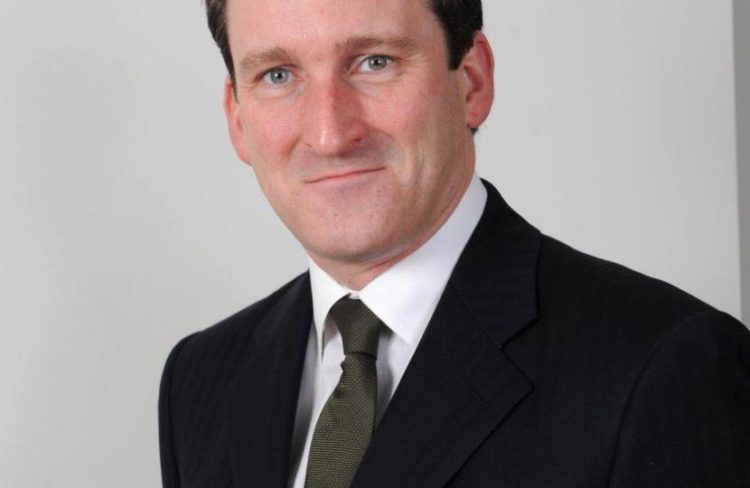Nikki Greene-
Damien Hinds has promised a £24m investment to create opportunities and job prospects for young people in the North East of England using a multi-million pound government investment to boost social mobility and raise aspirations for children.
Launching Opportunity North East, the Education Secretary pledged the multi million pound investment to tackle issues holding young people from all communities back, that can risk areas feeling “left behind”.
The North East is believed to have some of the best performing primary schools in the Uk, but fall significantly short when it comes to secondary school performances, which fall significantly below other regions. Fewer 18-year-olds attend the country’s top universities than those from any other part of the country. The North East also has one of the highest proportions of young people not in education, employment or training after year 11.
Opportunity North East aims to tackle these issues by investing £12 million in targeted approaches to improve the transition from primary to secondary school, drive up standards, particularly at secondary level – and improve outcomes for pupils post 16.
It includes working with secondary schools and colleges to encourage young people to consider university, degree apprenticeships and other high quality technical education options. It also involves partnering with local businesses to improve job prospects for young people across the region. Investment of a further £12 million to boost early career training for new teachers, and help improve the quality of teaching is among the overall aims of the Education Minister.
The investment is part of a sustained plan to raise standards in the region’s schools, ahead of roll-out in other regions.
During his visit later today, at a roundtable discussion in Gateshead, Mr Hinds is also expected to challenge education experts, head teachers, business leaders and university leaders by asking each group what more they can do to “raise aspirations among all working class communities, including white British disadvantaged children”.
He will cite research by the Institute for Fiscal Studies, which found white British disadvantaged boys are the least likely of any ethnic group to progress to university. It found groups with the next lowest progression rates – disadvantaged black Caribbean males and males from a mixed ethnic background – are around twice as likely to progress to higher education compared with their white British disadvantaged peers.
The Eye Of Media.Com has in past times recommended the toughening of discipline in schools as well as outlining new ways for teachers to create a more stimulating environment during teaching. Looking deeper into the reasons white British disadvantaged boys are the least likely to progress into University than any other ethnic group will bring us closer to the solution. A team of researchers are already preparing to assess every facet of this.
Addressing the roundtable at Cardinal Hume Secondary School in Gateshead, Mr Hinds will say:
Talent and potential are evenly spread, but opportunities sometimes aren’t. With Opportunity North East I am going to work with schools, colleges, businesses and universities – including those beyond the area – to redress the balance.
There are today too many education measures on which the North East is listed ninth in the list of nine English regions. It doesn’t have to be like that. In fact the North East has a lot of really outstanding education – especially so at primary level. The job now is to spread that through more of the secondary level and beyond.
It’s absolutely right that we challenge ourselves to do things like increasing access to university for young people from black and minority ethnic communities but we must remember that disadvantage is not limited to a single group.
White British disadvantaged boys are the least likely of any large ethnic group to go to university. We need to ask ourselves why that is and challenge government, universities and the wider system to change that.
It’s vital that we do this to make sure that no part of our country feels as though it has been left behind, and that every community feels like this is a country that works for everyone.

